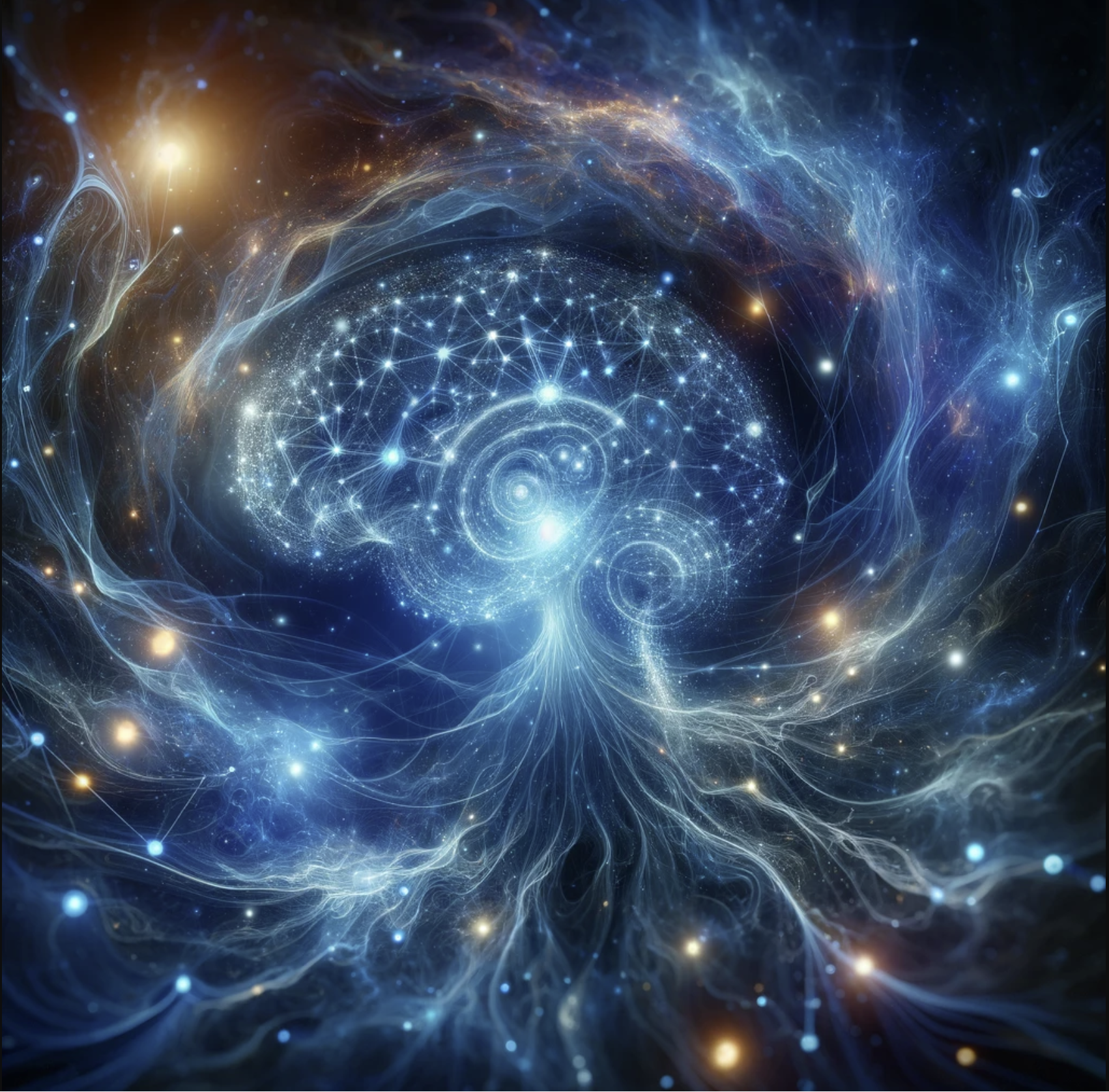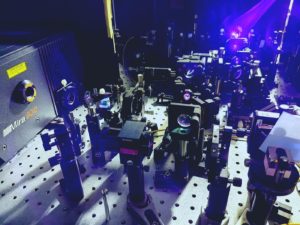Quantum Adaptive Agents with Efficient Long-Term Memories (Phys. Rev. X 12, 011007)
To thrive in ever-changing environments, systems must be able to adapt their actions to respond appropriately to the stimuli they receive. These adaptive systems, or agents, exist at all scales, from microscopic bacteria to self-driving vehicles. Common to all is that they interact and compete with other agents, mounting a drive to develop and deploy ... Read moreQuantum Adaptive Agents with Efficient Long-Term Memories (Phys. Rev. X 12, 011007)




